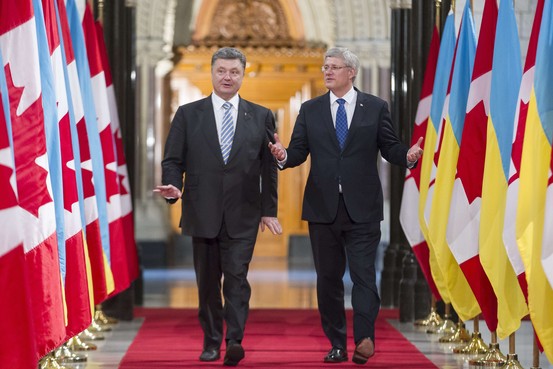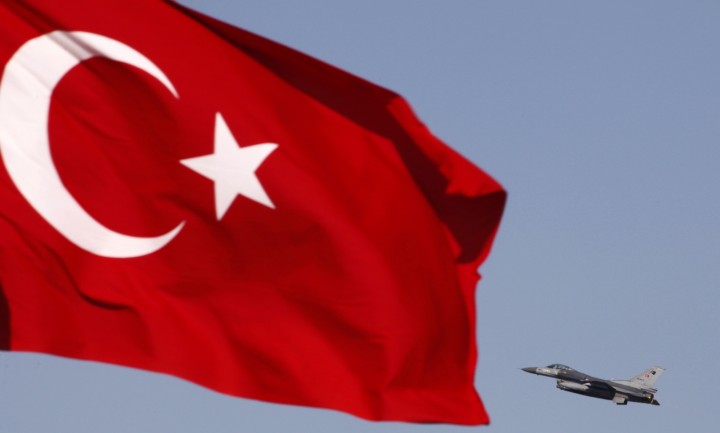As John J. Mearsheimer points out in the September-October issue of Foreign Affairs, the logic of realism is still very relevant in the 21st Century.
Through the lens of Realism, the world map is defined by the use of physical force. In the context of Ukraine, Russia is acting in its own interests with military power. To the annexation of Crimea and other incidents such as the crash of MH17, Western nations have responded with a set of economic sanctions against Russia. However, these sanctions have had little effect.
The US and its allies have encouraged the development of liberal democracy within Ukraine, and have a positive view regarding Ukranian ambition to join the European Union (EU). However, since 1993 Russia has repeatedly opposed the growth of NATO; and Western backing of the new Ukrainian government can only represent a serious irritation to Moscow. Thus Putin’s aggressive behaviour within the country should come as no surprise, since Russia perceives a threat in the spread of liberal values.
Although Ukraine has demonstrated its desire to join the EU as well as NATO, the way in which Ukraine fits into the West’s strategic interests should be evaluated carefully. Russian analyst Andrei Piontkovsky argues Russia would likely get away with a nuclear strike on the Baltic States to demonstrate its status as a regional power.
NATO’s role is very important in the wake of perceived Russian aggression. Following the latest summit, the announcement of the creation of a 4000-strong rapid reaction force should ease the fears of current members such as the Baltic States and allow NATO to act more swiftly if ever necessary. For the time being, in order to avoid breaking the 1997 treaty with Russia forbidding NATO to place permanent bases in the area, military exercises are ongoing in the region and bases are being readied to receive the rapid reaction force, in the event of a more serious threat from Russia.
The Canadian government has been very vocal, and faster than the U.S, to condemn the actions of Russia on Ukrainian soil. Besides words of encouragement, Canada has so far committed CF-18s to patrol the skies of the Baltic States, one frigate to NATO’s standing task force, an increase to NATO’s headquarters staff, ground troops for training, some military equipment to Ukraine as well as some aid. Following the NATO Wales summit, no significant Canadian military commitments were made to Ukraine, however Canada will be participating alongside the U.S in three upcoming military exercises.
The West’s push for liberal principles has come to the borders of an opponent that has demonstrated readiness to use military force. As NATO demonstrates its readiness to defend its member states, it is crucial to continue standing up for the Ukrainian people and to encourage their desire for a more liberal and prosperous society.




